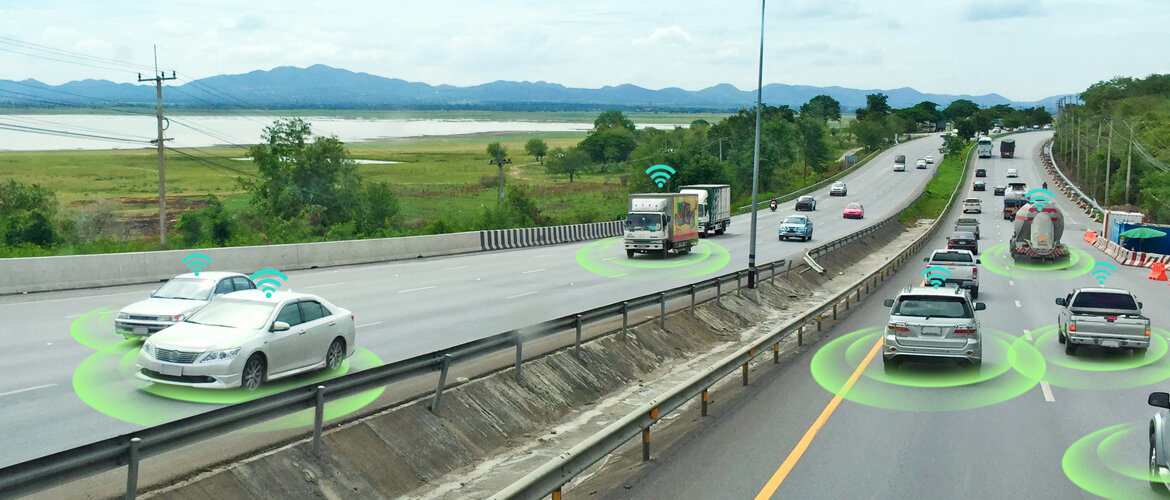
Almoda
Innovative mobility forms utilizing artificial intelligence and digitization to establish the alpine mobility data space.
Problem statement
Currently, multi-modal, mobility-relevant data are not centrally bundled and, hence, are not available through retrieval services. While there are different service providers for individual mobility sectors, they only offer their data within closed systems. A further challenge arises from data protection and data security issues. Currently, there are no services that securely provide such safety-critical data.
Project objective
The Almoda project aims to create a cross-border data space for providing secure real-time Communication, Navigation, and Surveillance (CNS) data using Artificial Intelligence (AI), laying the groundwork for Mobility 4.0 in the Alpine region. Within the project's scope, three mobility use cases will be implemented around the needs of various Inn Valley communities. In its approach, the FH Kufstein Tirol focuses on the topic of data validation.
Implementation
The ALMODA project's timeline extends over three years. To successfully implement ALMODA, highly precise digital elevation models, static and dynamic GEO protection zones, accurate and secure navigation and communication data, and locally high-resolution weather data are collected and used in real-time to create a comprehensive, digital situation picture. This data is fed into a multi-modal data service platform, authenticated and validated using modern AI methods, and distributed to mobility users via secure communication channels. In the first year, FH Kufstein Tirol supported requirement analysis and system configuration. In the second year, sensor data from Use Case 2 will be evaluated using the trust methods developed in the software package. In the third year, live data from Use Case 3 will be validated and evaluated using sensor-trust methods. The sensor trust system will be integrated into the data pipeline.
Application scenarios
Three application scenarios will be implemented within Almoda and presented at the end of each project year:
- Scenario 1: Digital safeguarding of danger spots and smaller operational areas.
- Scenario 2: Digital surveillance of operational areas and highly automated mobility applications.
- Scenario 3: Coordinated BOS operations with rescue drones and a digital operation control system in the border area between Germany and Austria.